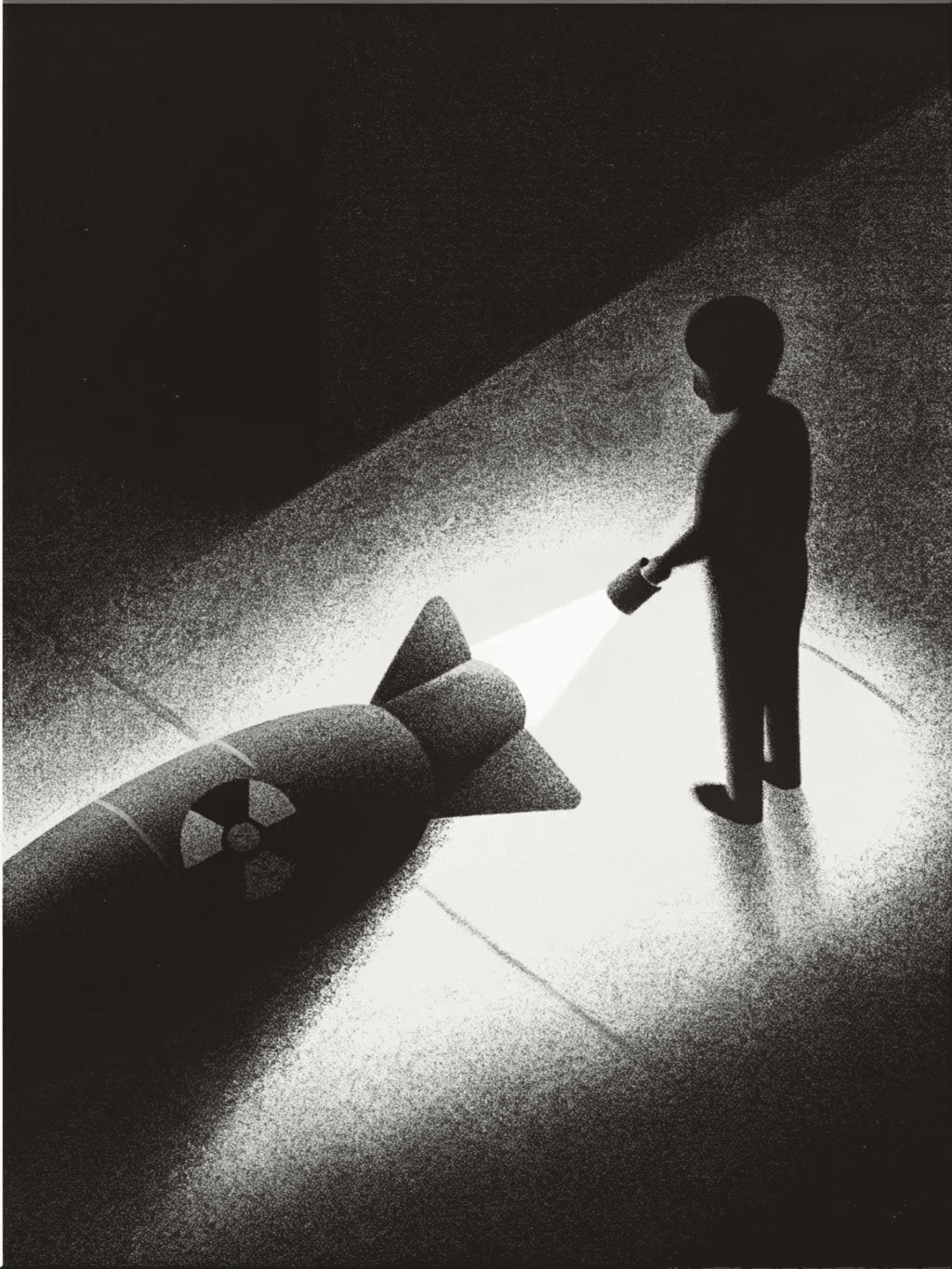History isn't just in the past; it's happening now. Explore how the end of an unusually peaceful era could reshape our lives and the world around us.
By Alex Brontë
Dec 2, 2024
There’s a moment in every person’s life when history stops feeling distant and academic and starts to feel real—inescapable, even dangerous. For many of us, that moment has already arrived. Wars erupt in familiar places, rights once considered unassailable are under siege, and the specter of authoritarianism looms over democracies. It feels as though the long arc of stability and progress we’ve known since the end of World War II is faltering. But what if this isn’t a departure from the norm? What if the extraordinary stability of the post-war era was the anomaly?
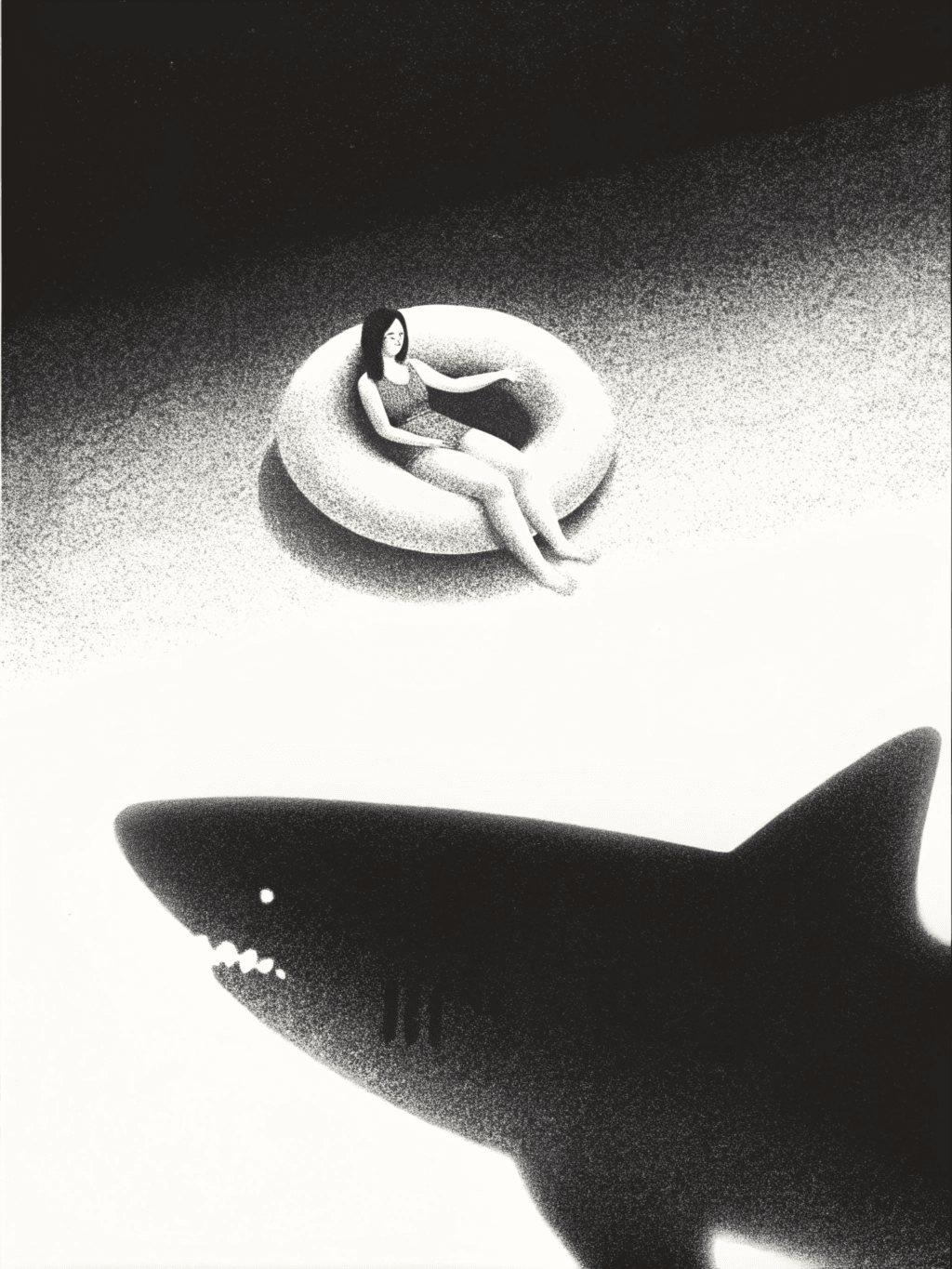
History has a way of humbling us. It reminds us that peace is fragile, progress is contested, and stability is always conditional. Today, we live in a moment that feels uniquely disorienting. Yet, to anyone familiar with the cyclical nature of history, it is also hauntingly familiar. The post-1945 era—a time defined by liberal democracy, international law, and human rights—might have been the closest humanity has come to a “normal” life. But if history teaches anything, it’s that the concept of normalcy is as fleeting as it is deceptive.
The unraveling of this exceptional period forces us to reckon with an uncomfortable truth: that history doesn’t just live in textbooks or dusty archives—it’s alive, and it’s happening now.
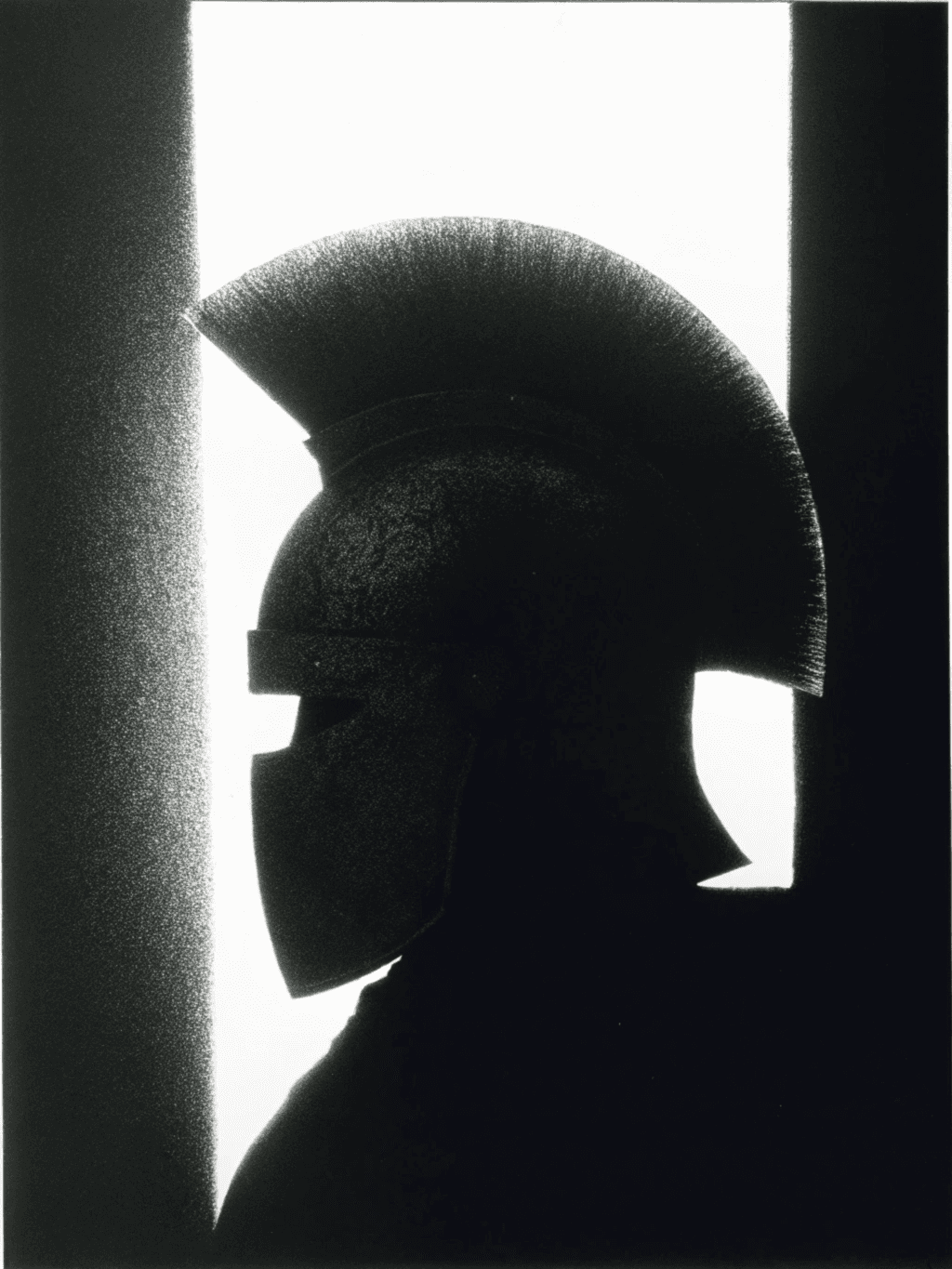
A Historical Perspective
The decades following World War II were unprecedented in their scope and ambition. Global leaders, weary from two devastating wars, envisioned a new world order—one in which nations cooperated, laws governed conflict, and human rights were enshrined as universal values. Institutions like the United Nations and NATO symbolized this commitment, as did landmark treaties like the Geneva Conventions. It wasn’t perfect, but it worked. For much of the world, it felt like history itself had been tamed.
But history doesn’t stop. It shifts, ebbs, and flows. The stability of the post-war years was built on a precarious balance—one sustained by economic prosperity, technological advancement, and the dominance of liberal democracies. When cracks appeared, as they inevitably do, they revealed the tenuous foundations beneath.
Consider the Roman Empire’s Pax Romana, a period of relative peace that lasted nearly 200 years. It, too, was heralded as an enduring triumph—a new standard for civilization. But when the balance of power shifted, the peace unraveled, and the empire fell into chaos. Today’s world order, with its aspirations toward global cooperation, may be following a similar arc.
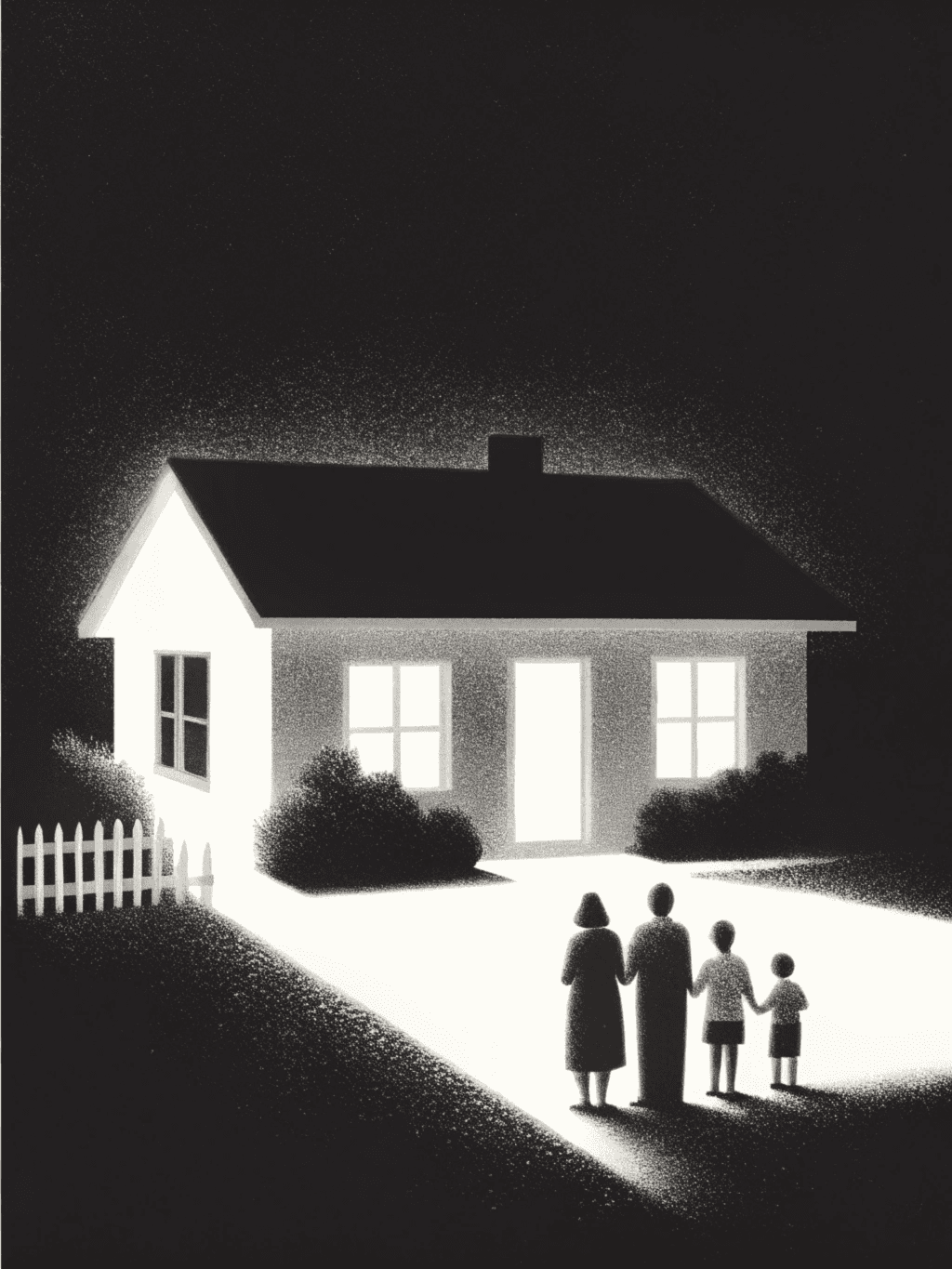
Nothing Happens, Then Everything Does
One of the most unsettling truths about history is its unpredictability. As the revolutionary Vladimir Lenin once observed, “There are decades where nothing happens; and there are weeks where decades happen.” We seem to be living in one of those weeks.
The modern world has always flirted with chaos, but recent years have made it feel unrelenting. Wars in Ukraine and the Middle East dominate headlines. The rise of authoritarian leaders challenges democracies across the globe. Economic inequality, climate change, and mass migration test the limits of national and international systems. It feels like we are teetering on the edge of something monumental, though no one knows exactly what that something is.
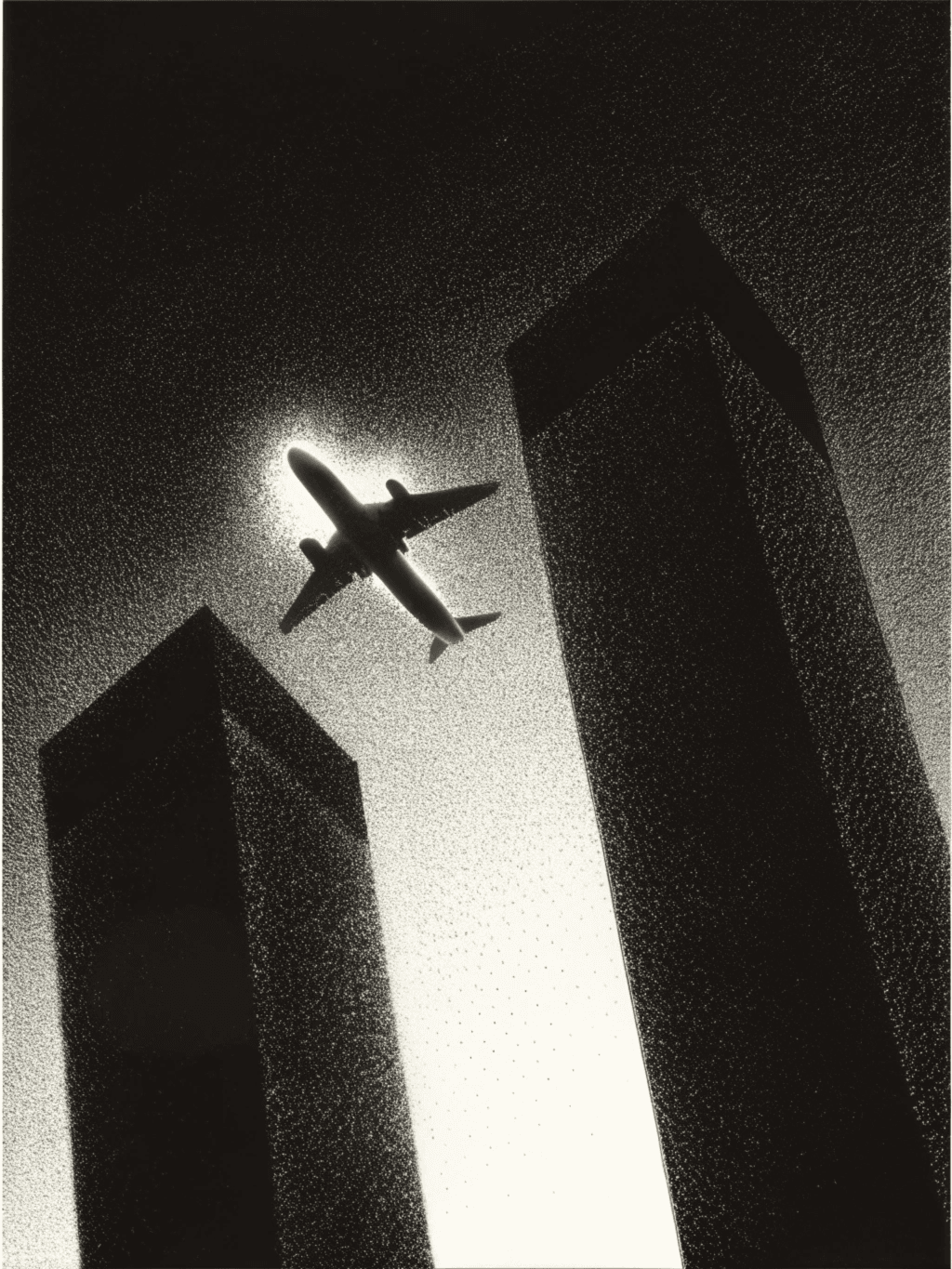
The speed of change compounds the sense of unease. In an era of 24/7 news and social media, crises unfold in real time, amplifying their impact. The immediacy of information makes every event feel both urgent and insurmountable. Yet, history reminds us that we’ve been here before. The collapse of the Soviet Union, the fall of the Berlin Wall, and the 9/11 attacks were all moments when the world shifted overnight, leaving nations and individuals scrambling to make sense of the new reality.
But there is a difference between then and now: the sense that we are not just living through one upheaval but through the end of an entire era.
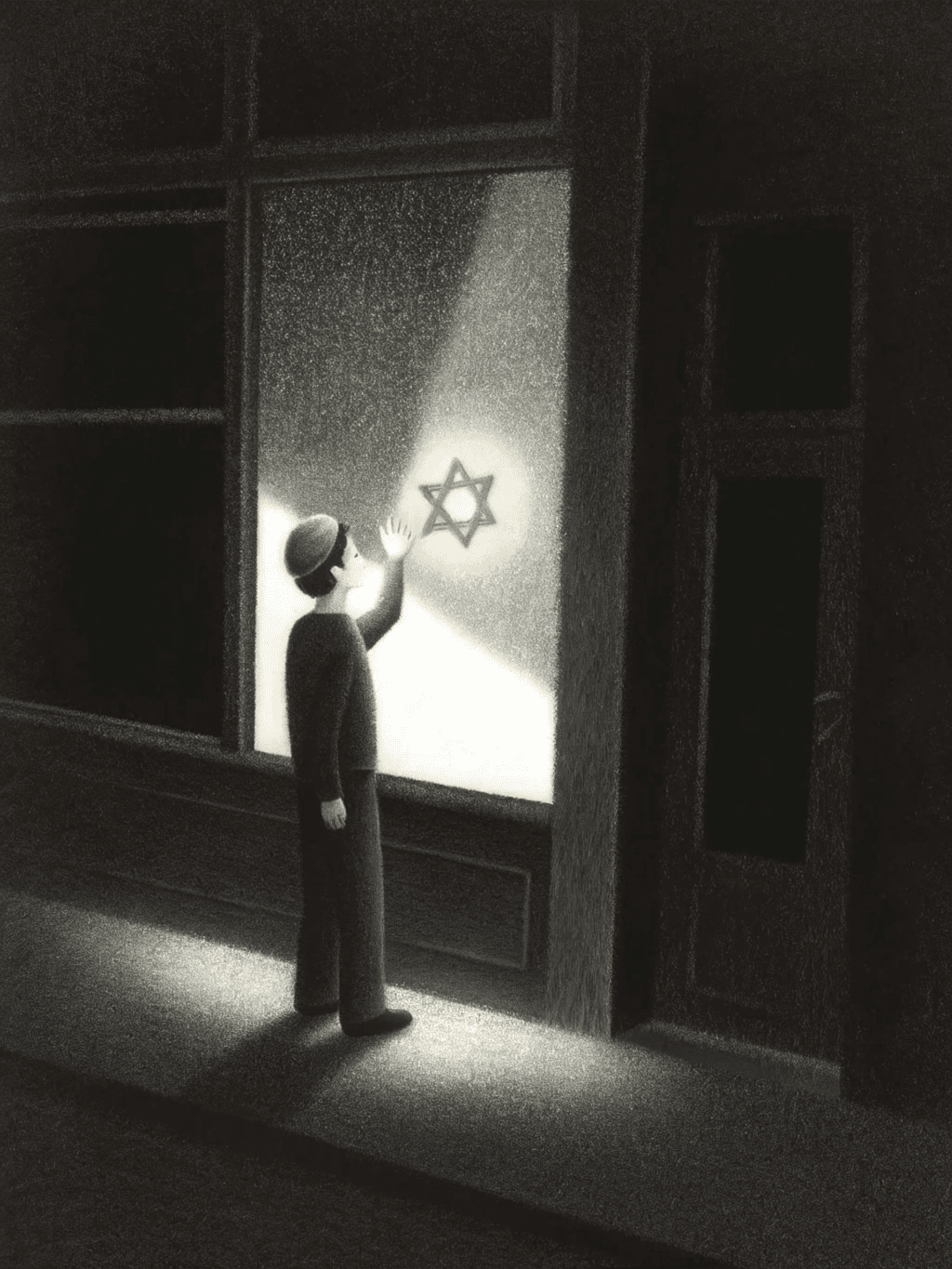
The Return of Old Anxieties
One of the most disconcerting aspects of the current moment is how familiar its crises feel. Issues that seemed resolved—or at least relegated to the past—have returned with a vengeance. Anti-Semitism is on the rise, from violent attacks in Western democracies to state-sponsored rhetoric in authoritarian regimes. Women’s rights, once thought to be on a steady upward trajectory, are being rolled back in countries across the globe. Even the specter of nuclear conflict, a defining fear of the Cold War, has returned to haunt a new generation.
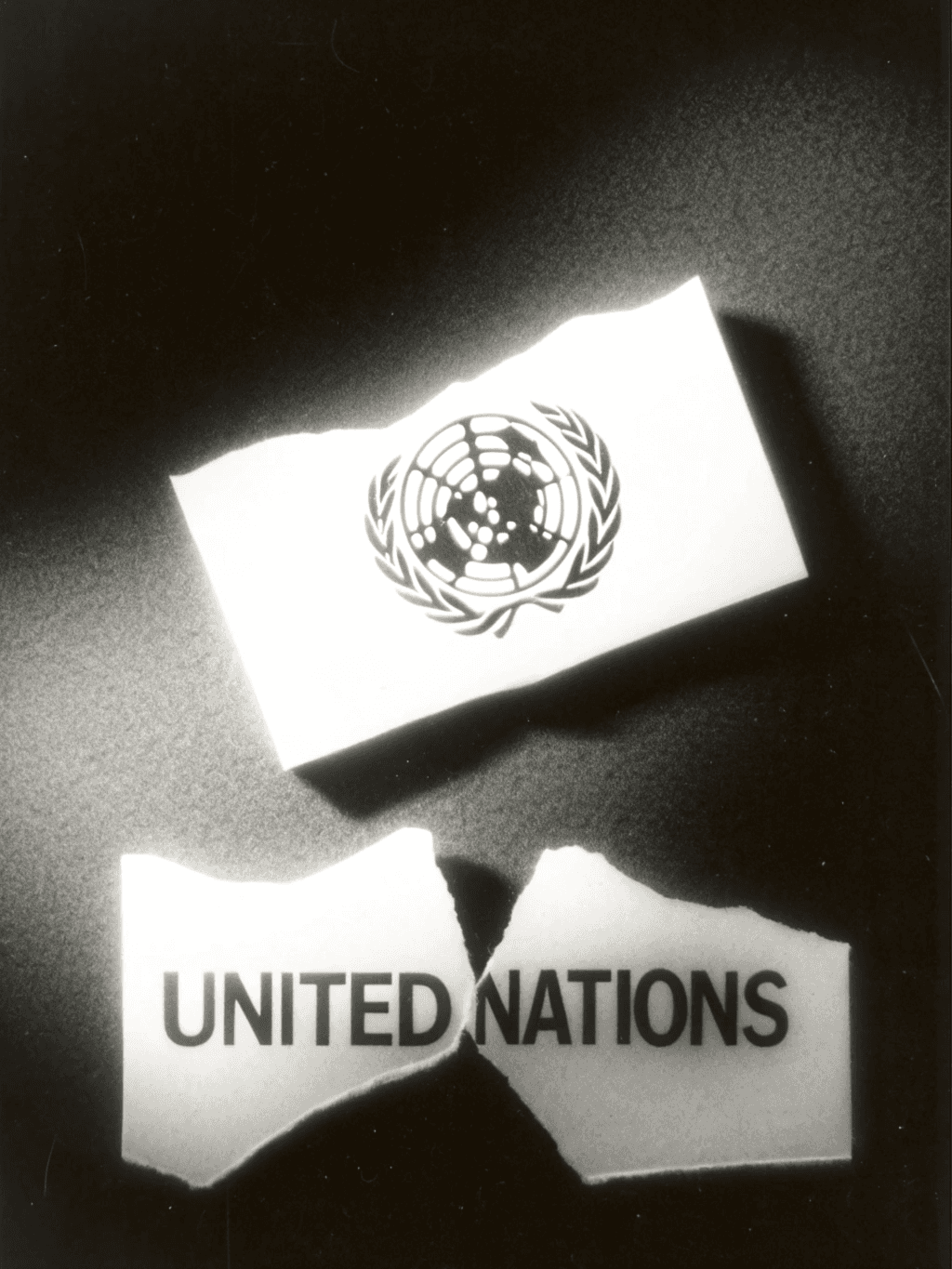
These aren’t just echoes of the past. They are reminders that progress is never linear, and that the gains of one era can be undone in another. The post-war years saw extraordinary advancements in human rights, from the civil rights movement in the United States to the decriminalization of homosexuality in many countries. But those victories were not inevitable; they were hard-won, and they remain vulnerable.
This resurgence of old anxieties is not a coincidence. It reflects deeper structural shifts—economic inequality, political polarization, and the erosion of trust in institutions—that have created fertile ground for extremism and division. And while these challenges are global, their impacts are deeply personal.
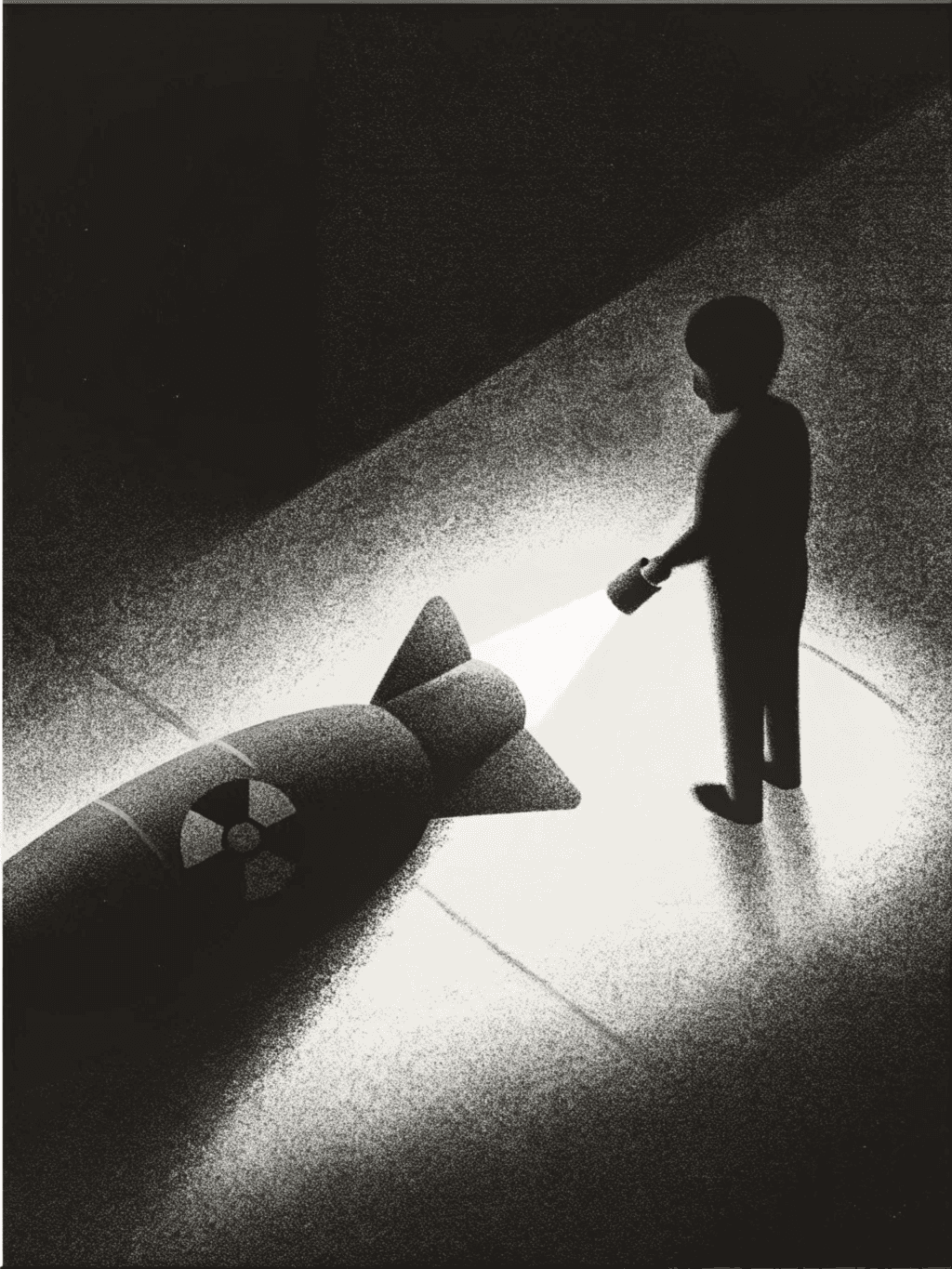
Russia and the End of the Cold Peace
Few nations have played a more disruptive role in the current moment than Russia. Its invasion of Ukraine shattered the illusion that war in Europe was a thing of the past. Its alliances with authoritarian regimes in the Middle East and beyond have further destabilized already fragile regions. And its cyberattacks, propaganda campaigns, and election interference have undermined the foundations of democracy itself.
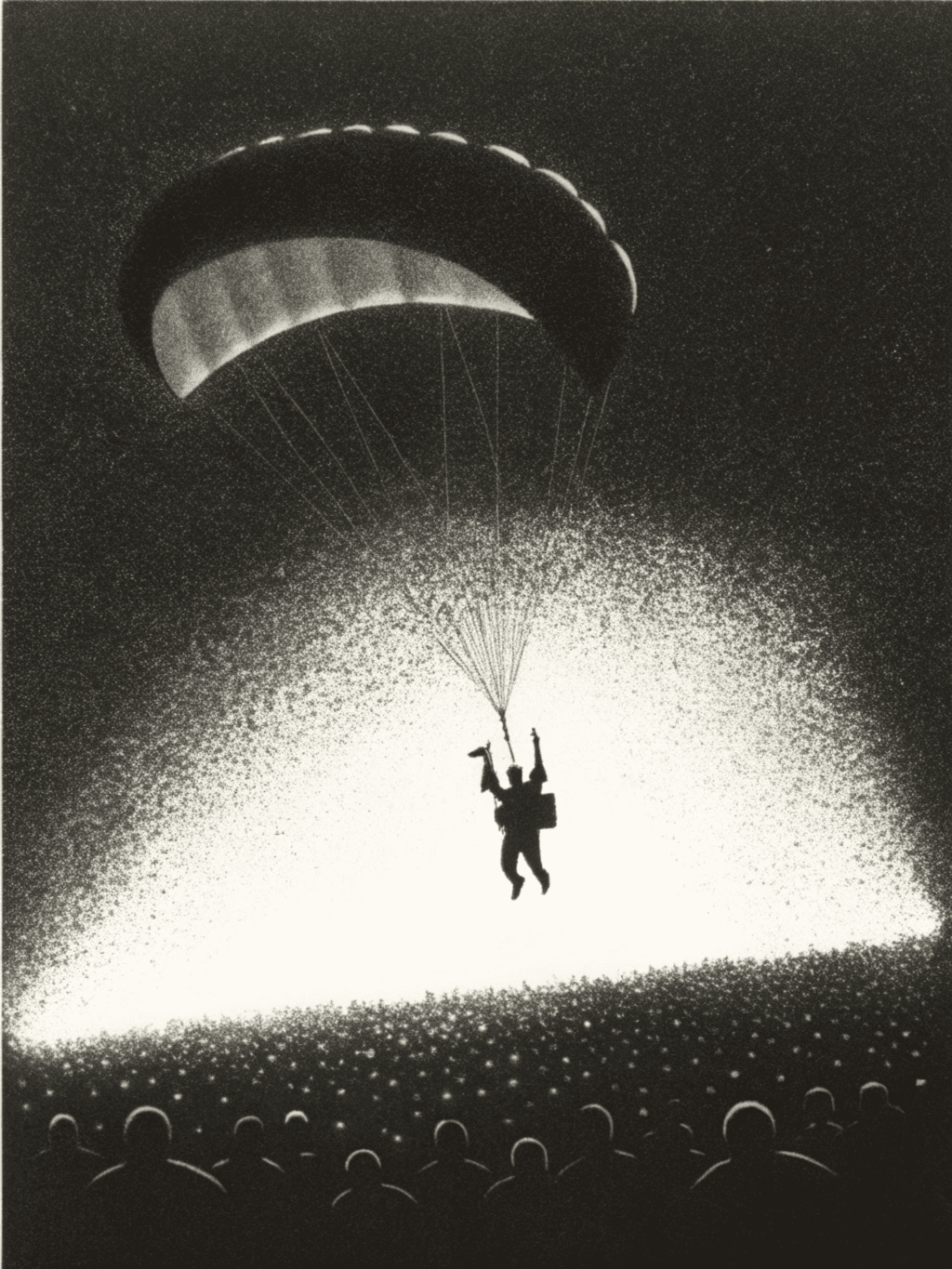
But Russia’s role is not simply one of a modern disruptor. It is a reminder of the enduring cycles of power and conflict that define human history. From the Tsarist empire to the Soviet Union to Putin’s regime, Russia has always been a force that resists and challenges the dominant order. Its current actions are just the latest chapter in a long story of geopolitical rivalry.
Fighting for What Comes Next
If the post-war era was an exception, then the question becomes: What comes next? Do we drift into chaos, or do we fight to build a new exceptional era? The answer, as always, lies in our ability to learn from history without being trapped by it.
The liberal world order was not a gift; it was a creation. It emerged from the ashes of war, forged by individuals and nations who believed in the possibility of something better. Today, as that order falters, we have the opportunity—and the responsibility—to imagine and build a new one.
This is not a time for complacency. It is a time for action. The values that defined the exceptional era—human rights, democracy, and international cooperation—are worth fighting for. And while the challenges ahead are daunting, history reminds us that progress is possible. It is not inevitable, but it is possible.
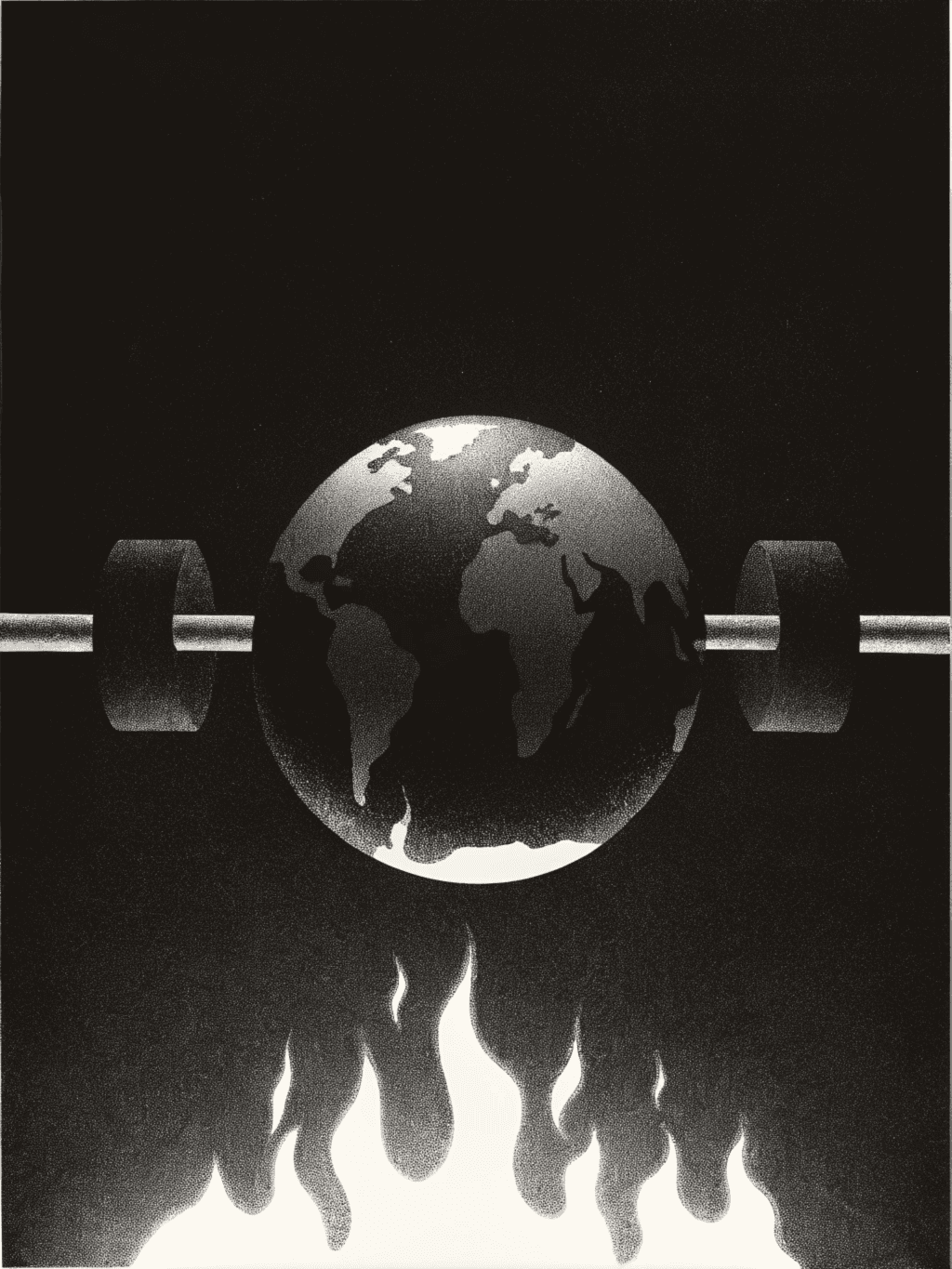
How to move forward
Here are concise and practical tips to help you make sense of it all, now, It's definitely not a panacea, rather, a field guide.
Develop Critical Thinking Skills
Question Assumptions: Regularly examine your own beliefs and the information you receive. Ask yourself why you believe something and whether the evidence supports it.
Evaluate Evidence: Before accepting information as true, assess the credibility of the sources and look for supporting data or documentation.
Learn from Historical Patterns
Study Historical Cycles: Understand that history often follows patterns. For example, periods of peace like the Pax Romana eventually ended due to shifts in power and societal changes.
Apply Lessons to the Present: Use insights from history to interpret current events and anticipate possible future developments.
Stay Informed Through Diverse Sources
Diversify Information Channels: Consume news and analysis from a variety of reputable sources with different perspectives to gain a well-rounded understanding. Explore apps that aid with news bias, such as Particle News, or Ground News.
Verify Information: Cross-check facts with reliable references to avoid misinformation and develop a more accurate picture of global events.
Engage in Constructive Dialogue
Listen Actively: Engage in conversations with people who have different viewpoints to broaden your perspective and foster mutual understanding.
Communicate Respectfully: Share your thoughts in a thoughtful manner, focusing on ideas rather than personal differences.
Foster Personal and Community Resilience
Build Strong Relationships: Strengthen connections with family, friends, and community members to create a support network during times of change.
Develop Adaptability: Cultivate flexibility in your thinking and actions to adjust effectively to new circumstances.
Participate in Civic Life
Understand Civic Processes: Learn how government and institutions function to make informed decisions and contributions.
Engage Locally: Get involved in your community through volunteering, attending local meetings, or supporting community projects.
Prioritize Ethical Principles
Reflect on Core Values: Identify the principles that are important to you, such as integrity, fairness, and respect for others.
Act with Integrity: Make decisions and take actions that align with these values, even when faced with challenges.
Cultivate Lifelong Learning
Pursue Knowledge: Stay curious and open-minded by learning new skills and exploring different subjects.
Embrace Change: Recognize that continuous learning helps you adapt to a rapidly changing world.
Support Evidence-Based Decision Making
Base Conclusions on Facts: Use logical reasoning and factual information when forming opinions or making choices.
Avoid Emotional Reasoning: Be cautious of letting emotions override objective analysis, especially in complex situations.
Prepare for Uncertainty
Plan for Various Scenarios: Consider potential future events and think about how you might respond effectively.
Build Practical Skills: Learn skills such as problem-solving, critical thinking, and basic preparedness to increase self-reliance.
